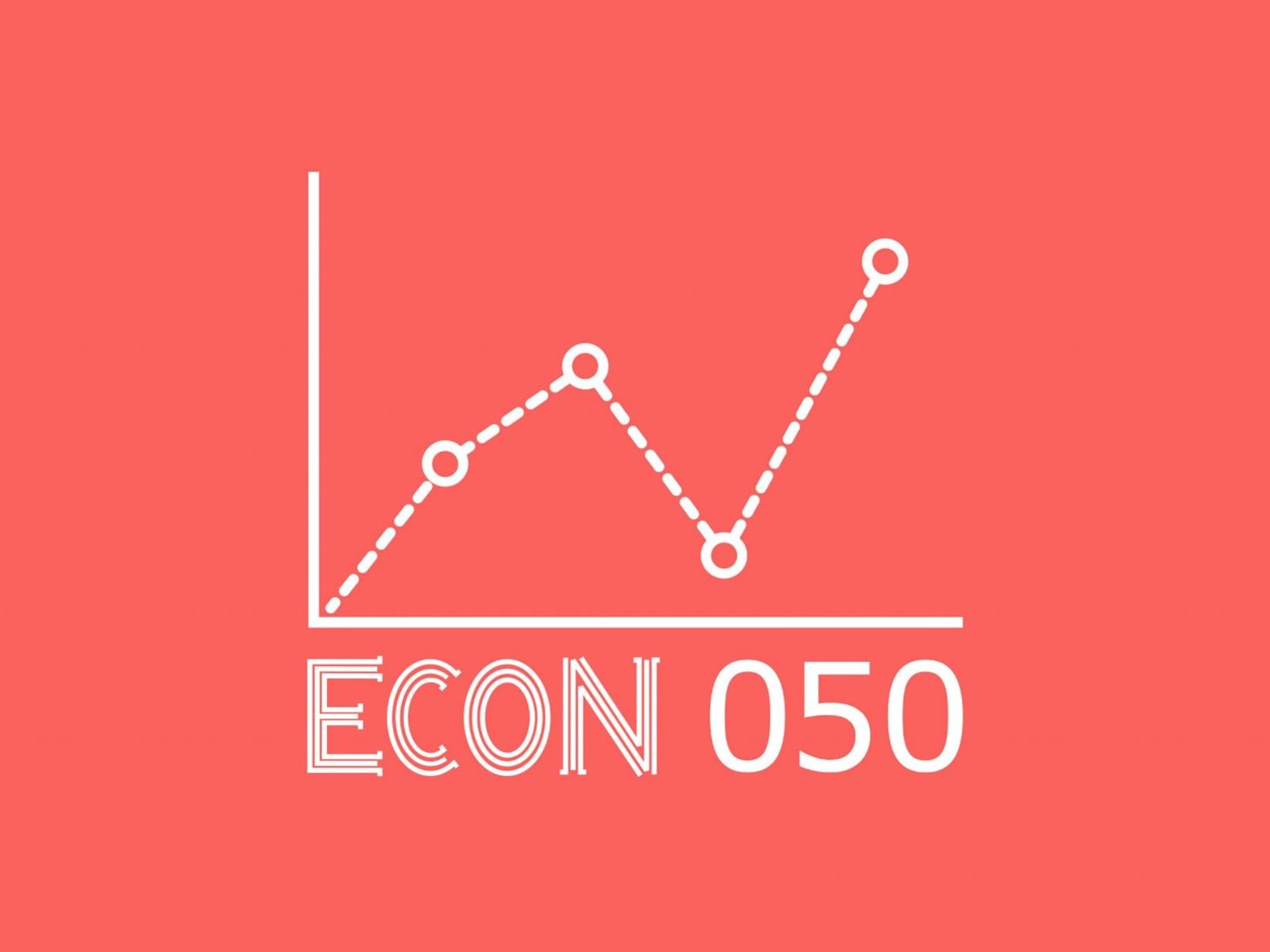Econ 050: Why do some countries grow wealthy while others do not?
| Date: | 07 May 2019 |

What do the modern day Ivory Coast and the 19th century Netherlands have in common? According to research from the Groningen Growth and Development Centre, the size of their economies is virtually identical.
In this episode of podcast Econ 050 (note: the page does not exist any longer), Professor Robert Inklaar explains how the Groningen Growth and Development Centre works to answer the question of why some countries grow wealthy, and others do not. One of the centre's most powerful tools is the Penn World Table, which gathers data about the economic output and productivity of 180 countries around the world all the way back to the 1950s, and even further in some cases. But how can relative economic performance be compared? And how can intangible digital products and services be accounted for in measuring prosperity?
Listen to the full interview with Professor Inklaar to hear all about the past, present and even future of using data to figure out just how well any given country’s economy is doing.
What is the Growth and Development Center?
Robert Inklaar: It’s a center that's been around for about 25 years that groups together researchers that are both on one hand very interested in understanding why some countries are richer than others and why some countries can grow and become more prosperous while others do not. And at the same time, I think the common thread is that we want to improve our understanding by also improving our measurements, so to pay close attention to the numbers that go into any subsequent analysis and to provide that not only for our own research, but also for the broader community of researchers and students interested in these topics.
On whether GDP (Gross Domestic Product) is a good rule of thumb for economic health:
Inklaar: The central theme in much of this has long been GDP per capita, so a measure of total economic activity in a country and from that you can get things like consumption and productivity. So that's the organizing point to begin with. But to compare that measure over time, you need to ensure that you account for changing prices. Similarly, if you want to know how rich countries are relative to each other, you have to account for the fact that prices in some countries are much lower than in others. And as a result, the purchasing power of the Chinese yuan or the Indian rupee is a lot higher than the purchasing power of the euro in the Netherlands. So you can get a lot more for the same amount of currency.
On what the 19th century Netherlands and Ivory Coast do (and don't) have in common:
Inklaar: For instance, we could look at real income in the Netherlands back in 1820 and compare that to income levels today and then see what is a country in the world that comes closest to that? And then if I recall, a few years ago, the Ivory Coast in West Africa had an income level that was comparable to the Netherlands in 1820. And of course that doesn't mean using these economies can be matched one to one. They still have cell phones while the post-Napoleonic Dutchman did not.
On the difficulty of measuring the economic impact of free digital products and services:
Inklaar: As the economy is becoming more intangible, the sources of growth are also becoming harder to measure. It's harder to measure and it's harder to pin down how these economies are changing and we're not well set up to figure that out…
Back in the day, you would buy a street map or an atlas and map out your routes or at some point you would buy a navigation device from a company like TomTom or one of the others. And now, you just get the free service from Google Maps or Apple Maps or whatever. Because it's free, it's not registered, but we're still using it. The same way back in the old day, to get in touch with people across the country, you’d write them a letter, then you'd send you'd call them or send them a text message and all of that you'd pay for it. Now you can send them WhatsApp messages or Facebook messages and it's all free. So it's doing something for us when we're using it, but how much is that worth?
On how to identify products that are a good baseline for economic health:
Inklaar: If you want to compare these countries and compare their prices, you have to figure out a set of products you're going to look at. So people consume rice, so what type of rice are you going to look at? People consume meat, [buy] clothing, et cetera. So it turns out that it's very important how you define this set of goods, because the type of products that we have available may not be representative of what they have in other countries. And if you say OK, you have to find this type of wine or this type of Peugeot car, and if you send them to Cameroon to do that, well they might find it in an expat store where it's way more expensive than it should be.

